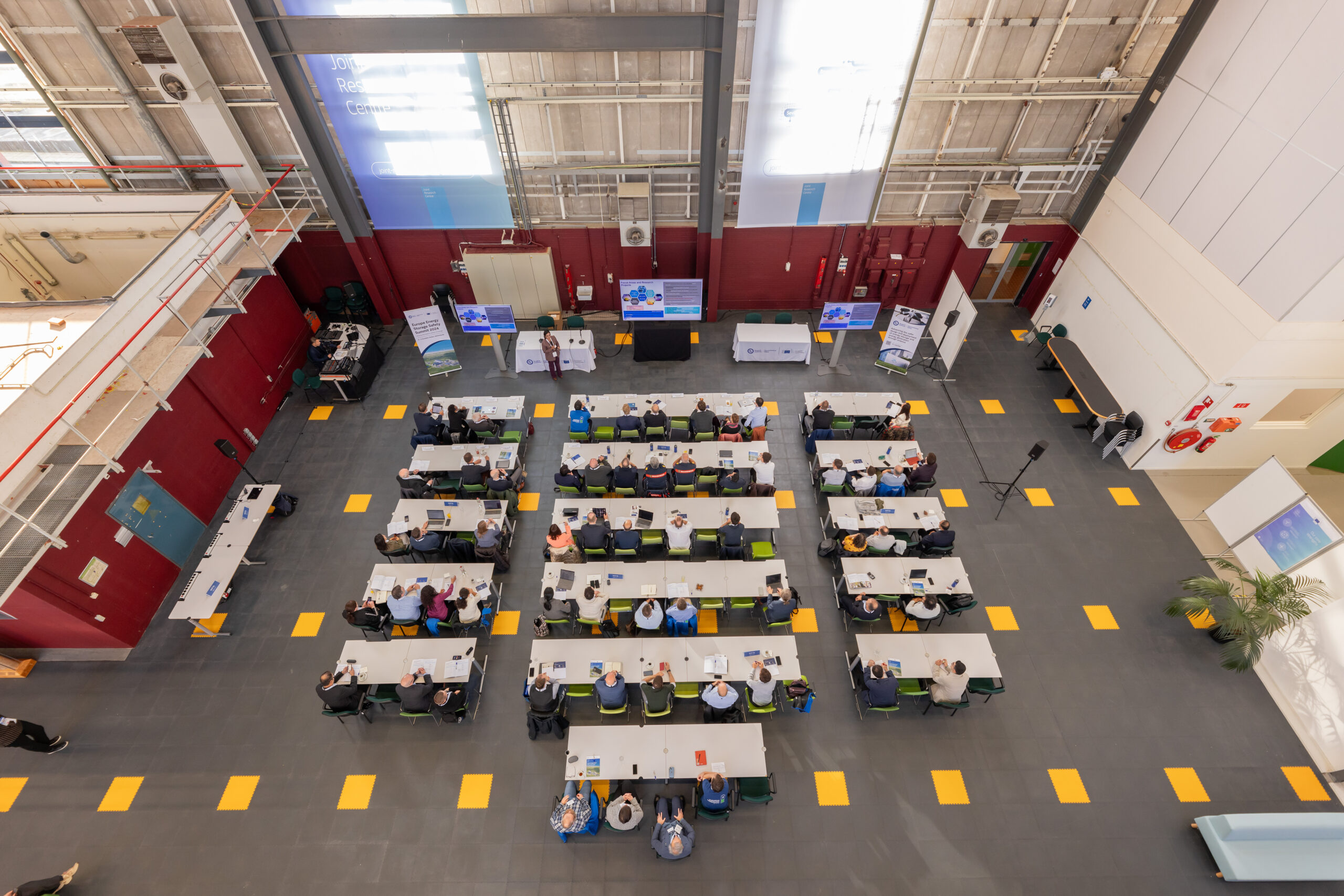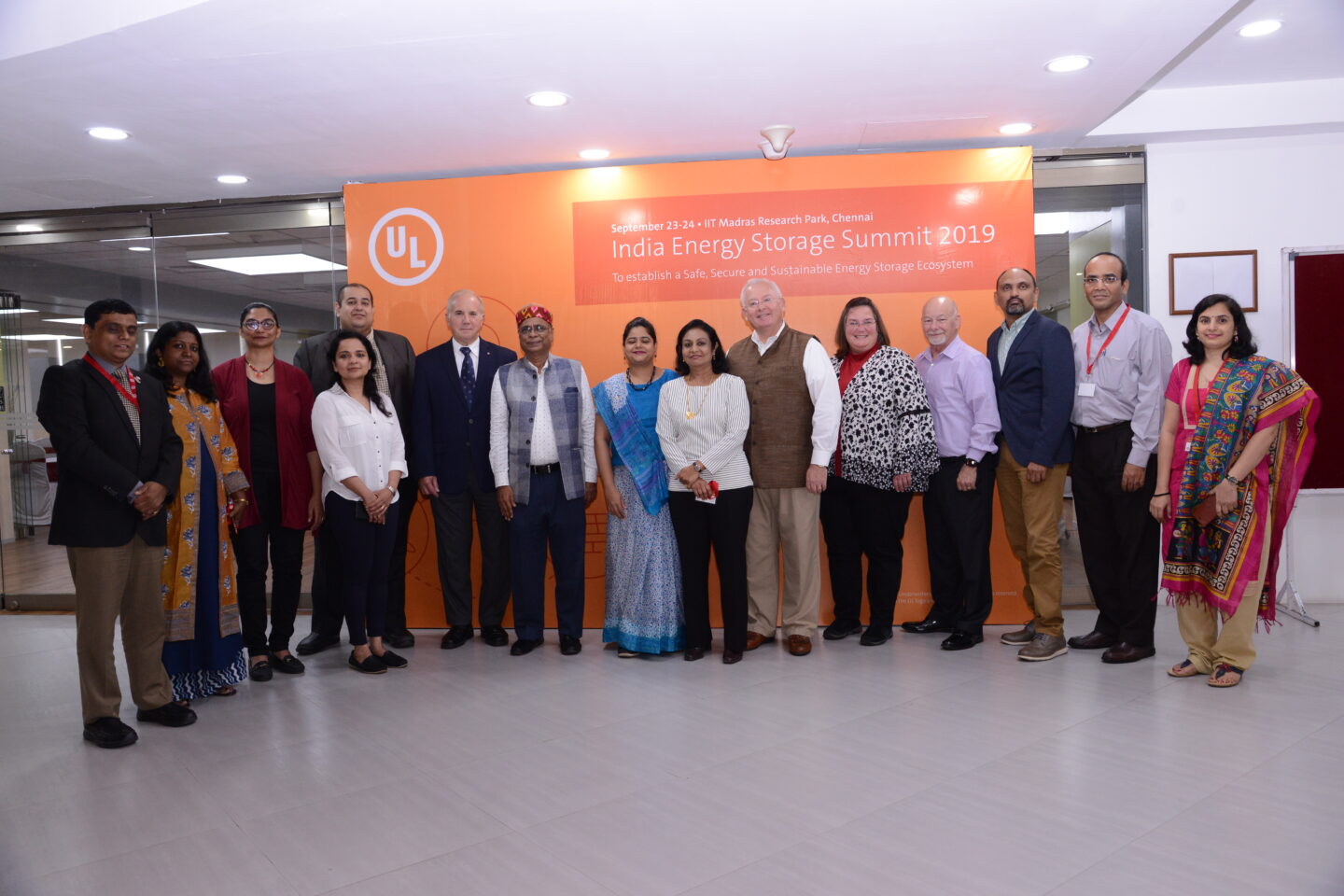
Energy Storage Safety Summits
Providing a platform for knowledge-sharing and discussion on different aspects of battery safety
ULRI’s Electrochemical Safety Research Institute has convened country-specific Energy Storage Safety Summits around the world since 2014. Each summit covers topics relevant to the host country.
Participants in the summits include representatives and experts from the automotive and renewable energy industry; original equipment manufacturers; cell and battery manufacturers; electric vehicle charging and battery swapping service providers; scientists and academic researchers; research and standards development organizations; national laboratories; regulators; fire departments, firefighters, and emergency responders; and government officials.
Additional past summits:
2014 | Washington D.C.
2015 | China
2016 | India and Canada
2017 | Korea
2018 | Japan
2019 | Singapore
(Aviation Summit)
Stay informed
Sign up for updates
Knowledge and awareness about potential hazards associated with scientific innovations help in minimizing risks and promote best practices that improve safety. Sign up to learn more about our initiatives, partnerships, upcoming events, and free resources.
By submitting this form, I am opting in to receive communications from UL Research Institutes (ULRI) containing news and updates about its work and initiatives. I understand that I can manage my preferences at any time and agree to ULRI’s online policies.
Partnerships
Everyone benefits when world-class institutions work together to take on big challenges. Join us.
Grants
We’re funding scientific research to make the world safer, healthier, and more sustainable. Learn about funding opportunities.
Careers
Work to make the world a safer place. Start a rewarding career at UL Research Institutes with other socially minded colleagues focused on innovation, collaboration, and ethics.
